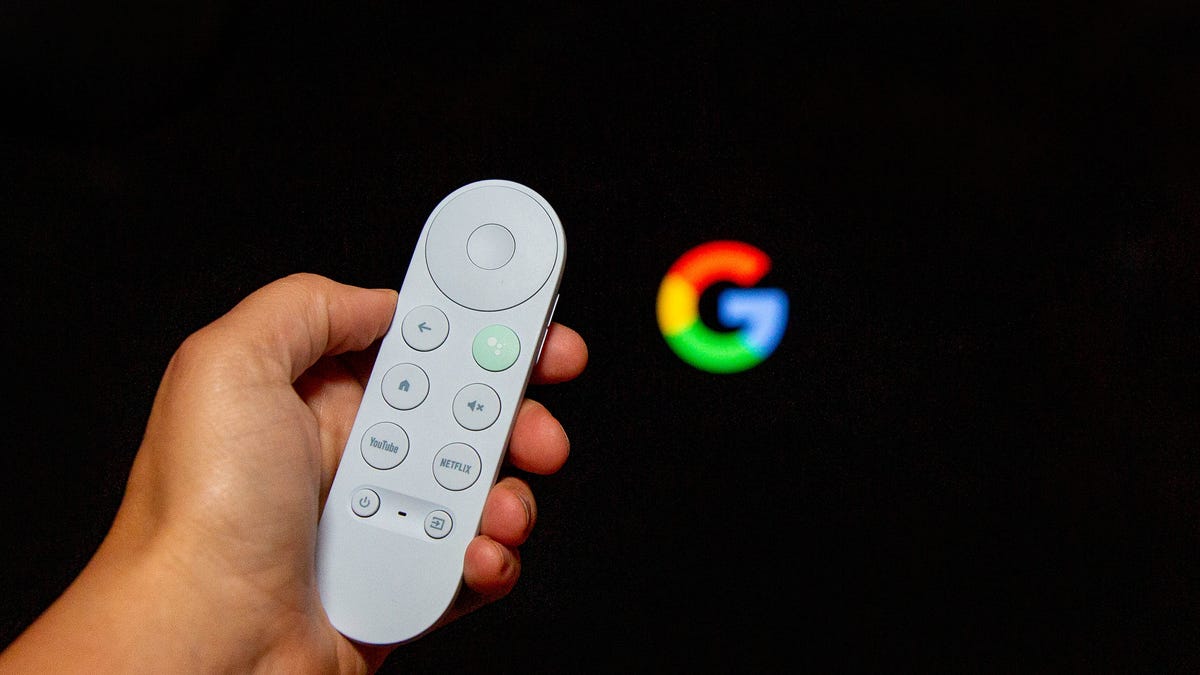Google TV Integrates Gemini AI for Conversational Viewing Experience

Key Points
- Google TV now supports Gemini AI for voice‑driven TV interactions.
- Users can ask for show recommendations, recaps, homework help, and recipes.
- Activation uses the familiar “Hey, Google” command.
- Initial launch on TCL QM9K; expansion to other TV and streamer models later this year.
- Gemini also powers AI features in Chrome and YouTube creator tools.
- Google’s market value reached $3 trillion, highlighting investor confidence in AI.
- Industry voices note potential challenges around AI‑generated content and deep‑fakes.
Google TV now incorporates the company’s Gemini AI, letting users talk to their smart televisions. Viewers can request show recommendations, season recaps, homework help, recipes and more, using the same “Hey, Google” command that activates the mobile assistant. The Gemini for TV feature launches on select TCL models and will expand to other devices later in the year, while Google continues to embed Gemini across its ecosystem, including Chrome and YouTube creator tools. Industry observers note the move underscores Google’s shift toward AI‑driven services, even as it raises broader content‑generation concerns.
Gemini AI Brings Conversational Capabilities to Google TV
Google TV has added the Gemini artificial‑intelligence system to its platform, allowing viewers to interact with their television sets using natural language. The integration works much like the Gemini assistant on mobile phones and tablets, with users simply saying “Hey, Google” to activate the feature. Once active, the AI can answer a wide range of requests—such as suggesting shows, providing summaries of past seasons, offering homework assistance, or sharing recipes—directly on the TV screen.
How Users Can Engage the Assistant
Consumers can ask Gemini for personalized movie recommendations, describing differing tastes within a household—for example, one person preferring dramas and another preferring comedies. The assistant can also provide recaps of series like “The Witcher” or respond to vague queries such as “What’s the new hospital drama everyone’s talking about?” This conversational approach aims to make television browsing more intuitive and interactive.
Device Rollout and Availability
At launch, Gemini for TV is available on the TCL QM9K model. Google has announced that later in the year the feature will arrive on additional hardware, including the Google TV streamer, Walmart’s 4K streamer, Hisense U7, U8 and UX models, as well as future TCL models slated for 2025 such as the QM7K, QM8K and X11K. A Google spokesperson did not immediately respond to requests for further comment.
Google’s Broader AI Strategy
The television integration follows recent deployments of Gemini across other Google products. The AI system has already been embedded in the Chrome browser and supplied to YouTube creators through a suite of three AI video‑generation tools. These moves illustrate Google’s ongoing transition from a traditional search‑centric company toward a broader AI‑focused organization, leveraging machine learning capabilities that have long been part of its technology stack.
Industry Implications and Concerns
While the Gemini addition promises a smoother, more personalized viewing experience, it also raises questions for content publishers, creators and regulators. The rise of AI‑generated answers at the top of search results and the potential for deep‑fake content are cited as emerging challenges. Nonetheless, Google’s market valuation has surged to a $3 trillion level, making it the fourth company to achieve that milestone, and Wall Street continues to reward tech firms that embrace AI despite broader market uncertainty.
Future Outlook
Google’s expansion of Gemini across devices suggests a continued push to embed conversational AI into everyday consumer electronics. As the feature rolls out to more TV models and streaming hardware, users can expect increasingly seamless interactions with their entertainment systems. The company’s broader AI initiatives indicate that similar integrations may appear in other product lines, reinforcing Google’s position at the forefront of AI‑driven consumer experiences.